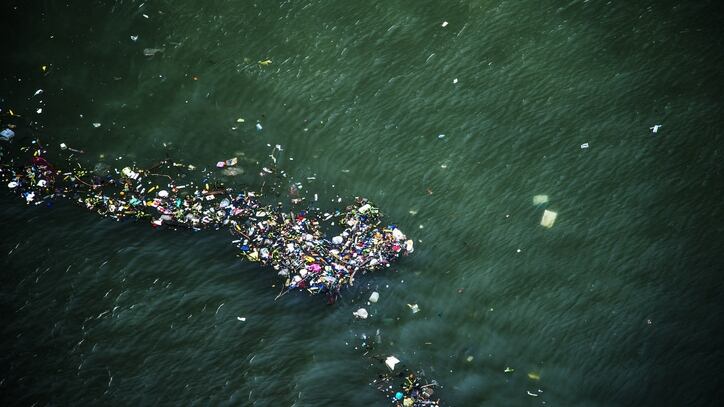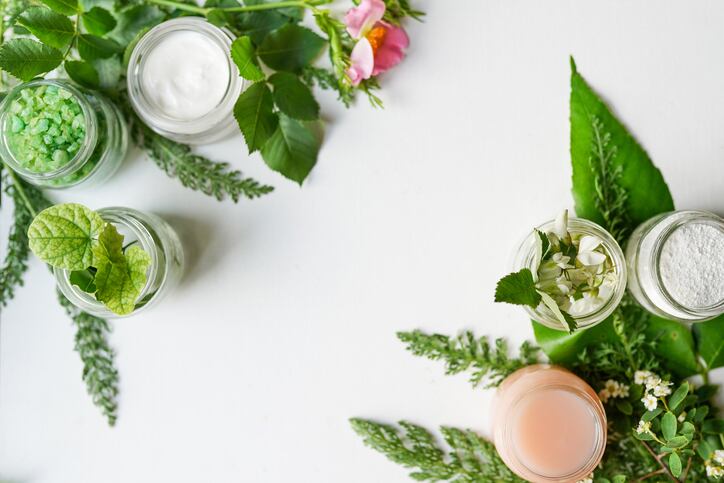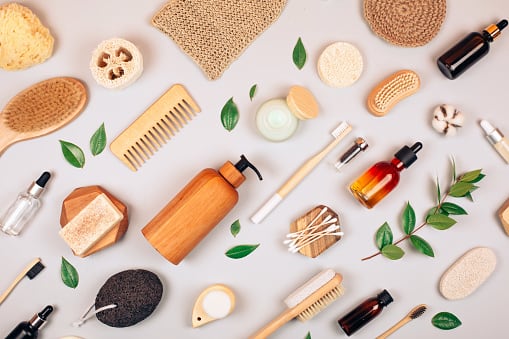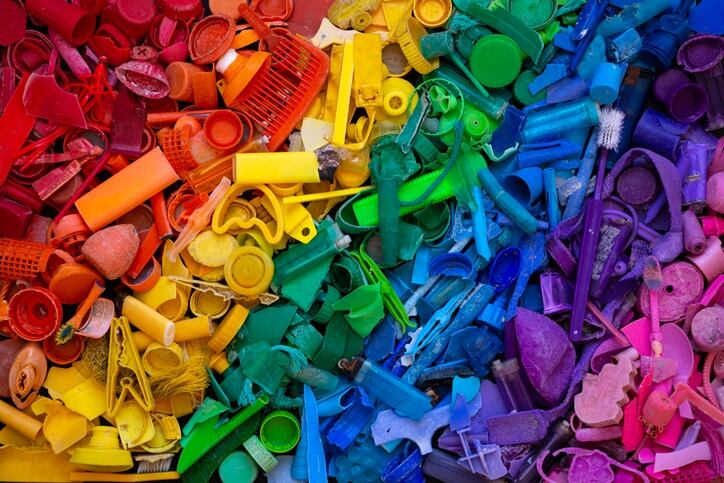Seacliff Beauty became the exclusive beauty supplier for the #tide ocean material plastic resin earlier this year and the company has spent the time since at trade shows and online promoting the new packaging option.
Brian Saputo, executive vice president of Seacliff, told CosmeticsDesign the partnership is part of broader efforts to curb the flow of plastic packaging into the world's landfills and oceans. For Seacliff and #tide specifically, that means pulling plastic out of waters near Malaysia to be turned back into packaging.
Plastic Recycling Supply Chain 101
According to rePurpose Global, roughly 75% of the plastic recycled in the US, UK, Canada and Ireland ends up in landfills in the global south, instead of in new plastic packaging. Learn more about the issue here with CosmeticsDesign.
“If you go up 40,000 feet, the problem that we're trying to solve is how to close the loop,” Saputo said. “It is finding a solution for an ongoing problem and trying to, no pun intended, stem the tide of all this plastic going into the ocean, how we collect it and bring it back into the consumer world.”
Advanced recycling of a degraded plastic source
The plastic #tide pulls out of the ocean for recycling is, by the nature of the environment it’s in, of degraded quality. However, the company has partnered with the Swiss University of Applied Sciences to develop a proprietary technology to molecularly restore plastic.
On Seacliff’s side, that has meant they can use ocean-bound plastic reliably for beauty packaging. Saputo said the supplier did rigorous testing with the resin before introducing it to the market and found it performed better than local recycled plastics.
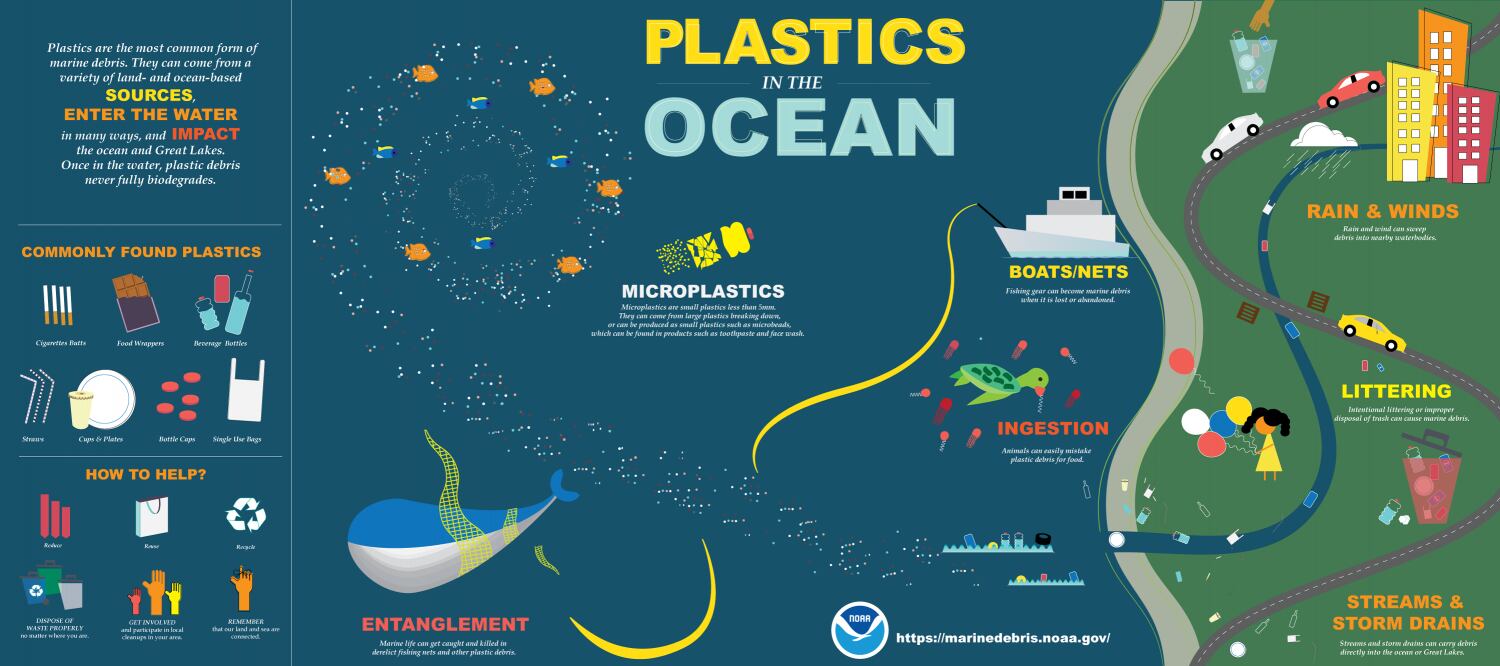
While local PCR typically has issues with color, quality and fragility, especially when it makes up large percentages of the overall resin, Saputo said Seacliff is able to create packaging of up to 100% #tide resin, with a slight yellow tinge being the only issue of note.
Saputo did note the ocean-bound plastic is pricier than virgin material, though he said it’s roughly competitive with local PCR, depending on the length of a given brand’s supply chain.
Upping the ante for package traceability
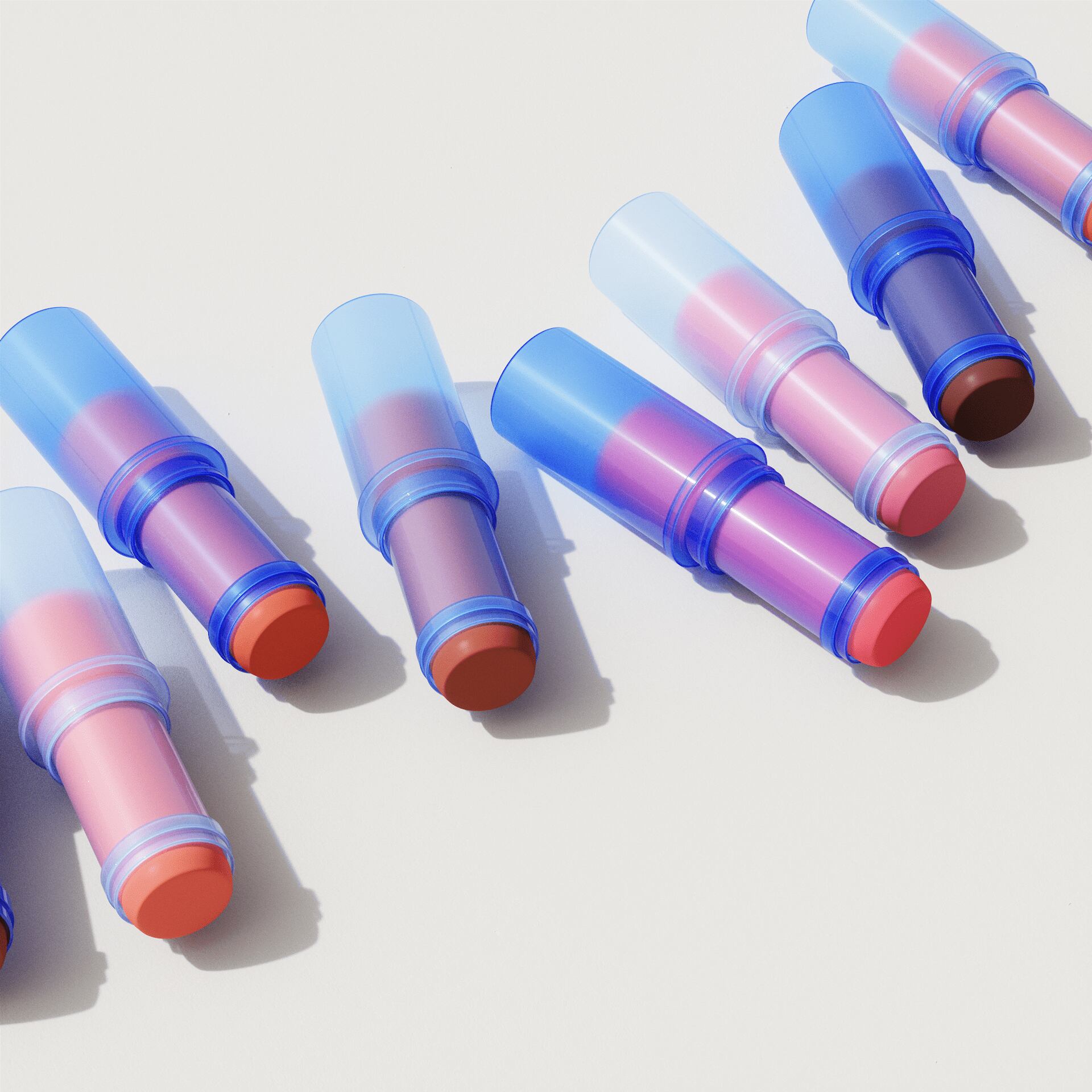
One of the features that drew Seacliff to #tide was the traceability of the packaging and their work directly with the local communities they source the ocean-bound plastic from.
Saputo said with #tide, brands are able to put a QR code on the package which allows consumers to track where the resin came from, back to the source in Malaysia.
“Today you're seeing a lot of greenwashing, you're seeing a lot of people claim it's ocean plastic, but they can't really tell you much about it,” Saputo said. “It was important for us at Seacliff to be truthful and honest with our customers and really have superior customer service and high-quality products.”
On top of the traceability, Saputo said they recently opened a new factory in Switzerland and are working to open one in North America to shorten supply chains for brands internationally.

